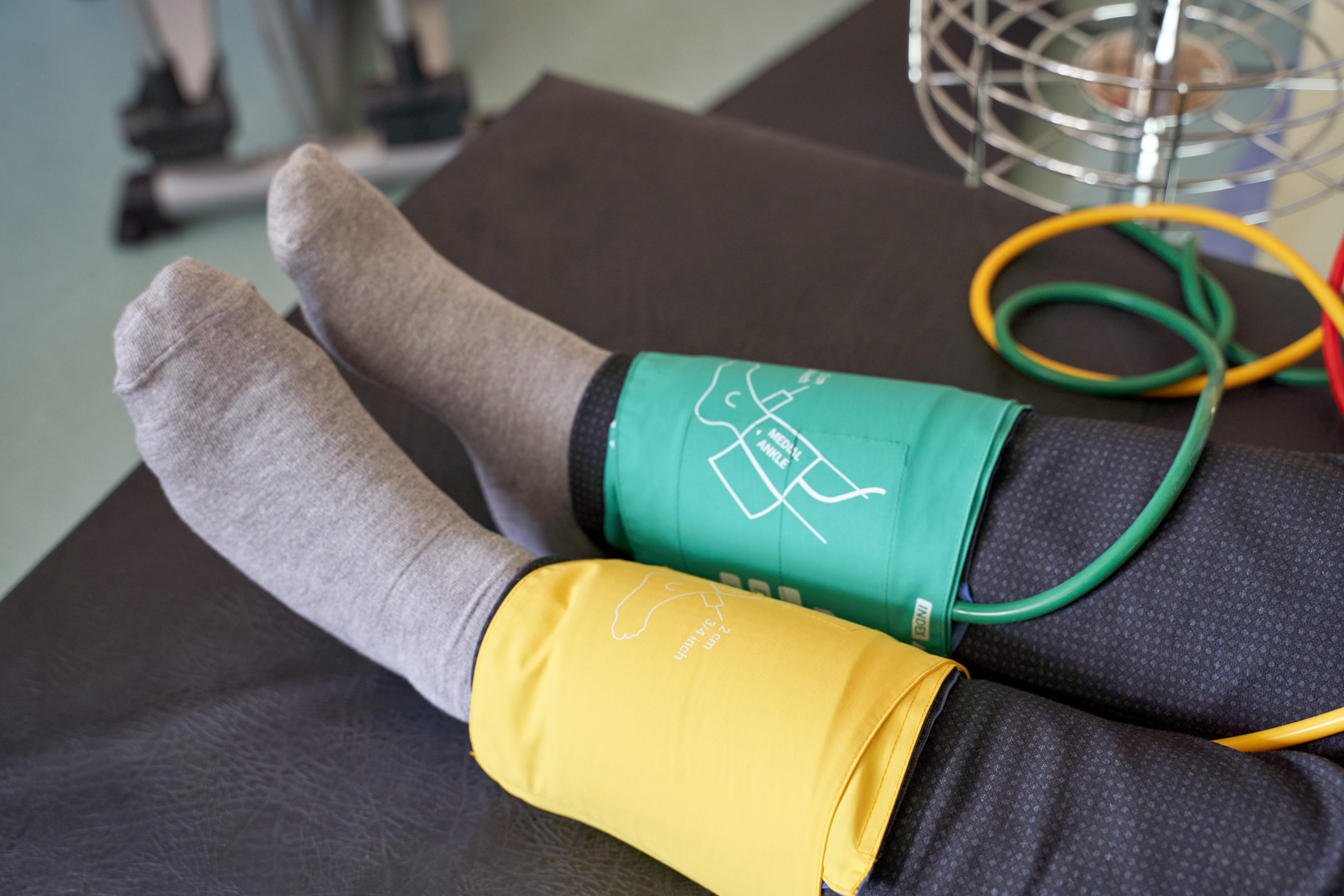
Providing patient-centered care for older adults with advanced chronic kidney disease (CKD) requires patient-clinician communication about the patient’s values, goals of care, and treatment preferences. Tools that patients are comfortable with that can enable effective communication about care preferences are needed.
Nicolas Awad Baddour, MD, and colleagues administered a questionnaire in a nephology clinic with patients ≥60 years of age with stage 4 or 5 nondialysis-dependent CKD. Patients were asked “If you had a serious illness, what would be important to you?” and given the option to select one of four possible responses: (1) live as long as possible; (2) try treatments, but do not suffer; (3) focus on comfort; or (4) unsure. The patients also completed a validated health outcome prioritization tool as well as an instrument that helped determine the acceptability of end-of-life scenarios. The researchers compared patient responses to the three tools.
There were 382 participants in the study. Of those, 134 (35%) selected try treatments, but do not suffer; 126 (33%) choose focus on comfort; 75 (20%) selected live as long as possible; and 47 (12%) opted for unsure. The patients’ answers correlated with their first health outcome priority and acceptability of end-of-life scenarios.
A third of the patients who preferred focus on comfort reported that a life on dialysis would not be worth living, compared with only 5% of those who chose live as long as possible (P<.001). Nearly 90% of patients agreed to share their preferences with their healthcare providers.
“Older adults with advanced CKD have diverse treatment preferences and want to share them. A single treatment preference question correlated well with longer, validated health preference tools and may provide a point of entry for discussions about patients’ treatment goals,” the researchers said.







 © 2025 Mashup Media, LLC, a Formedics Property. All Rights Reserved.
© 2025 Mashup Media, LLC, a Formedics Property. All Rights Reserved.